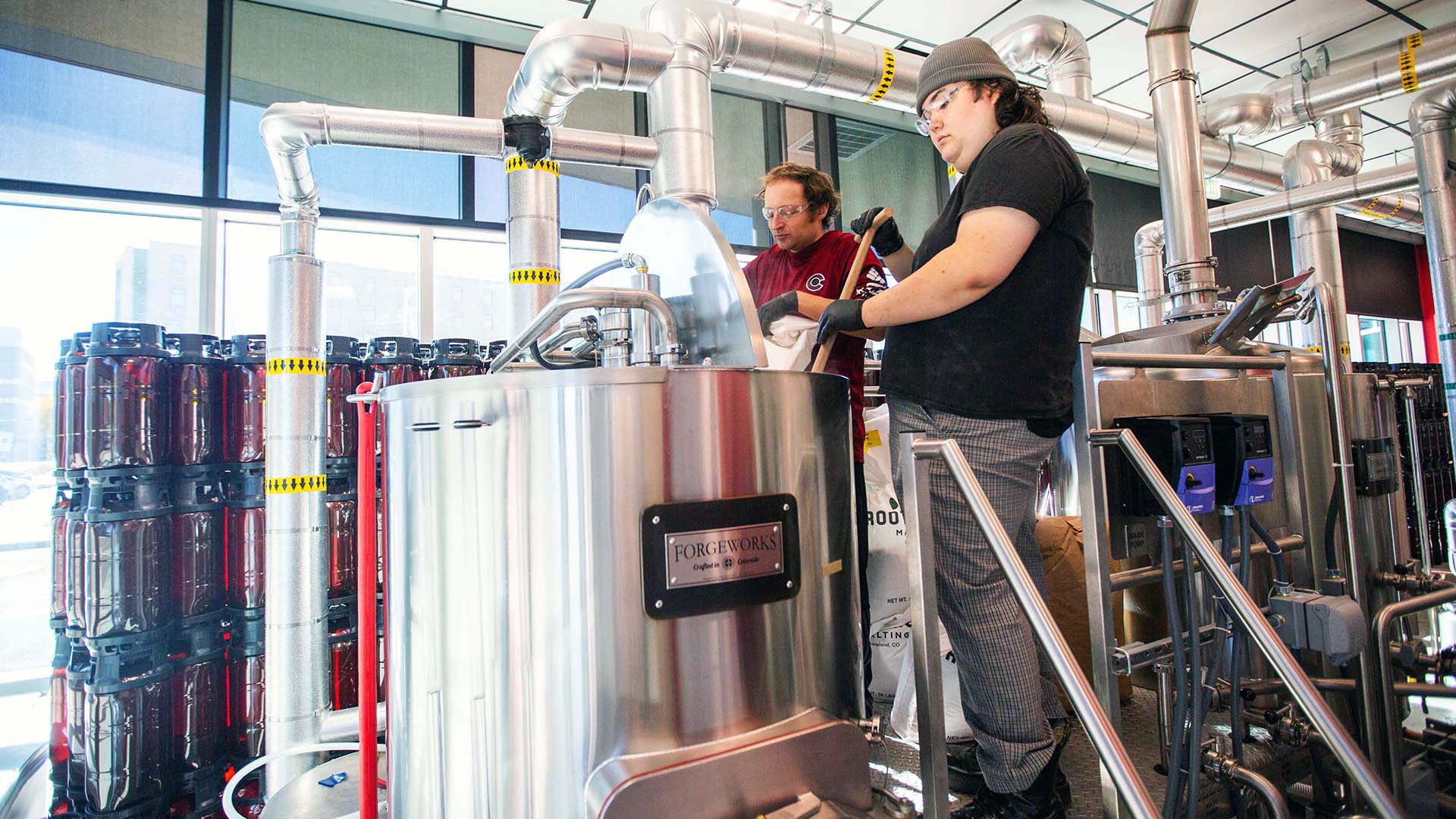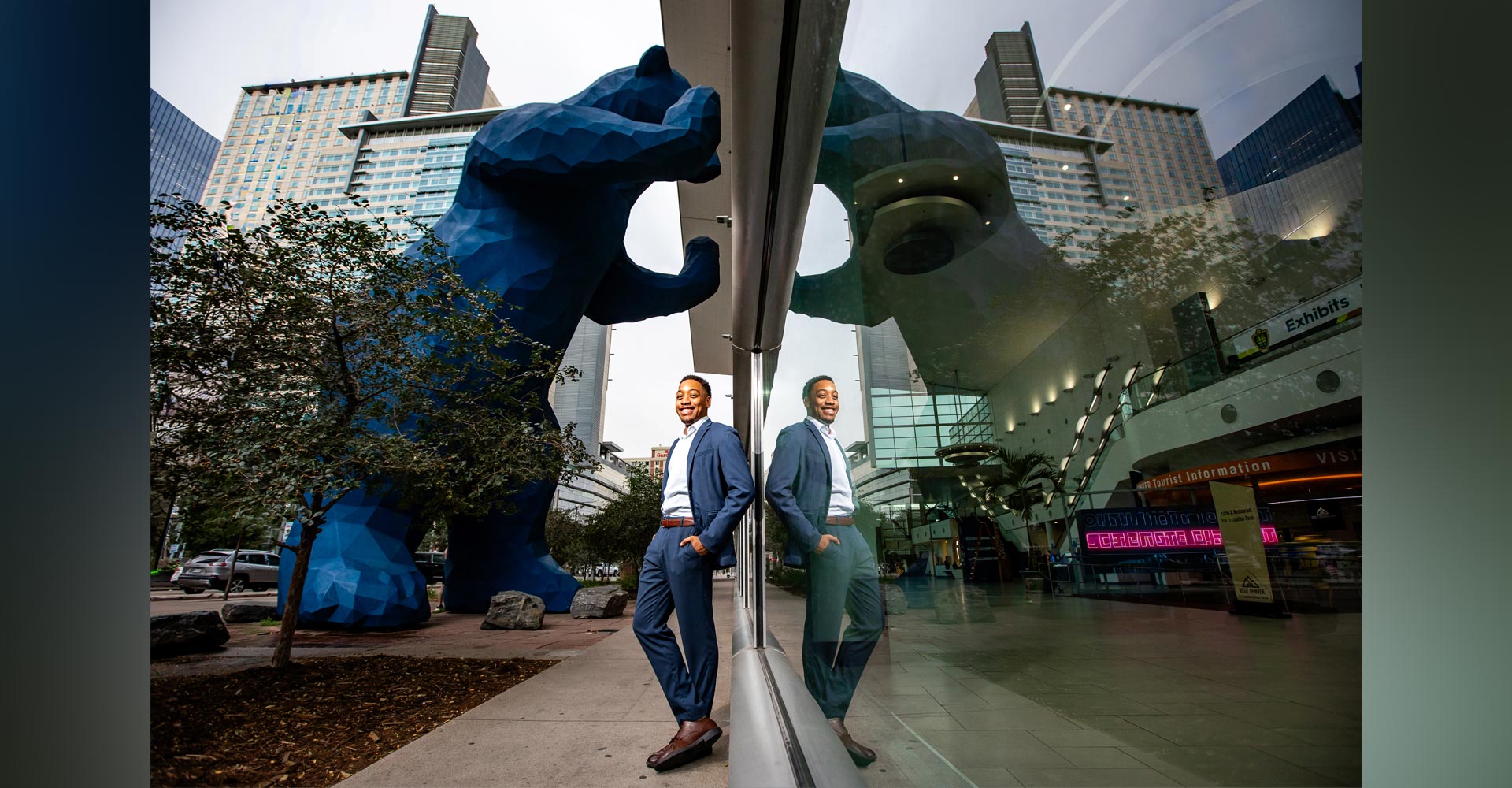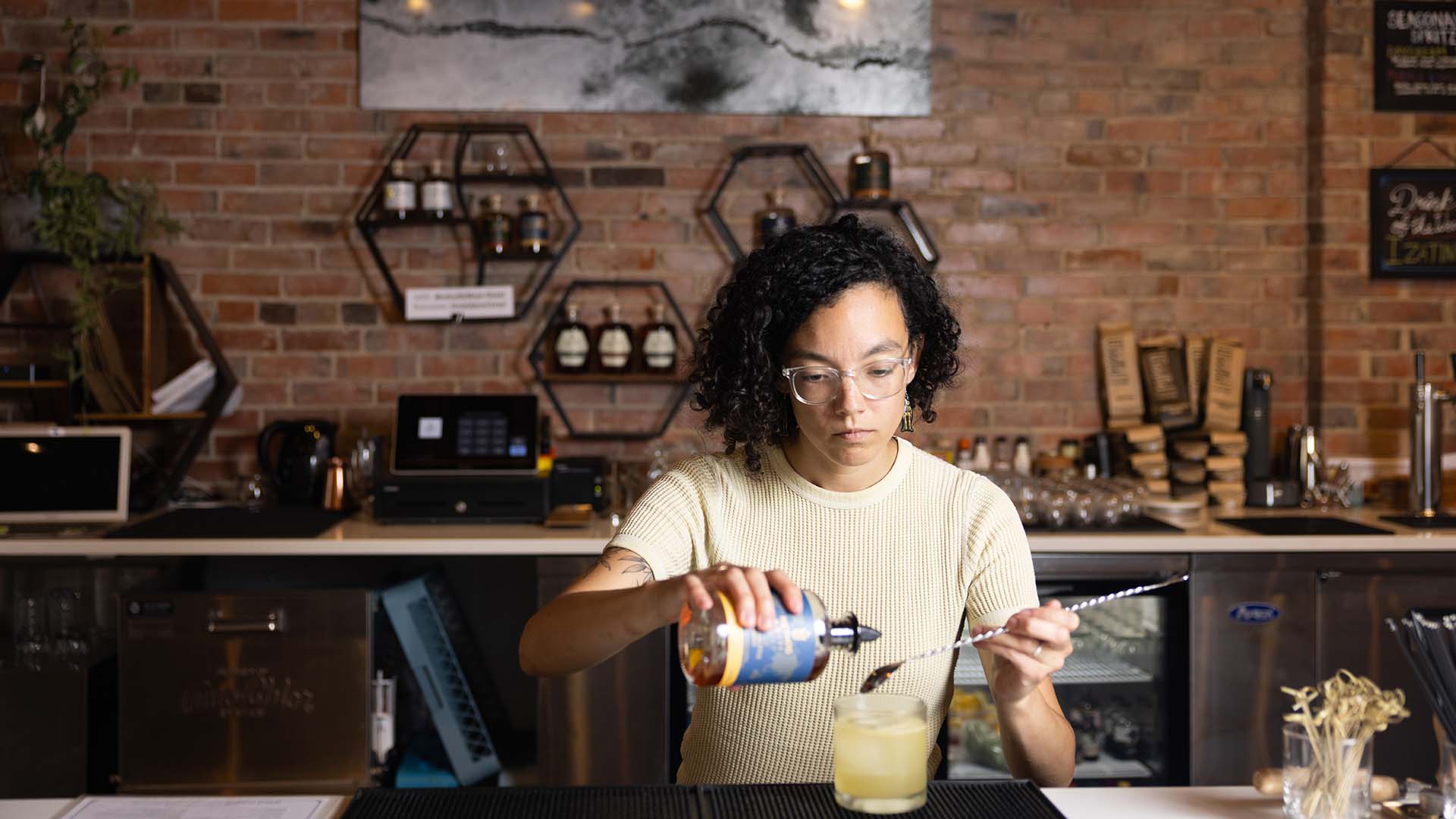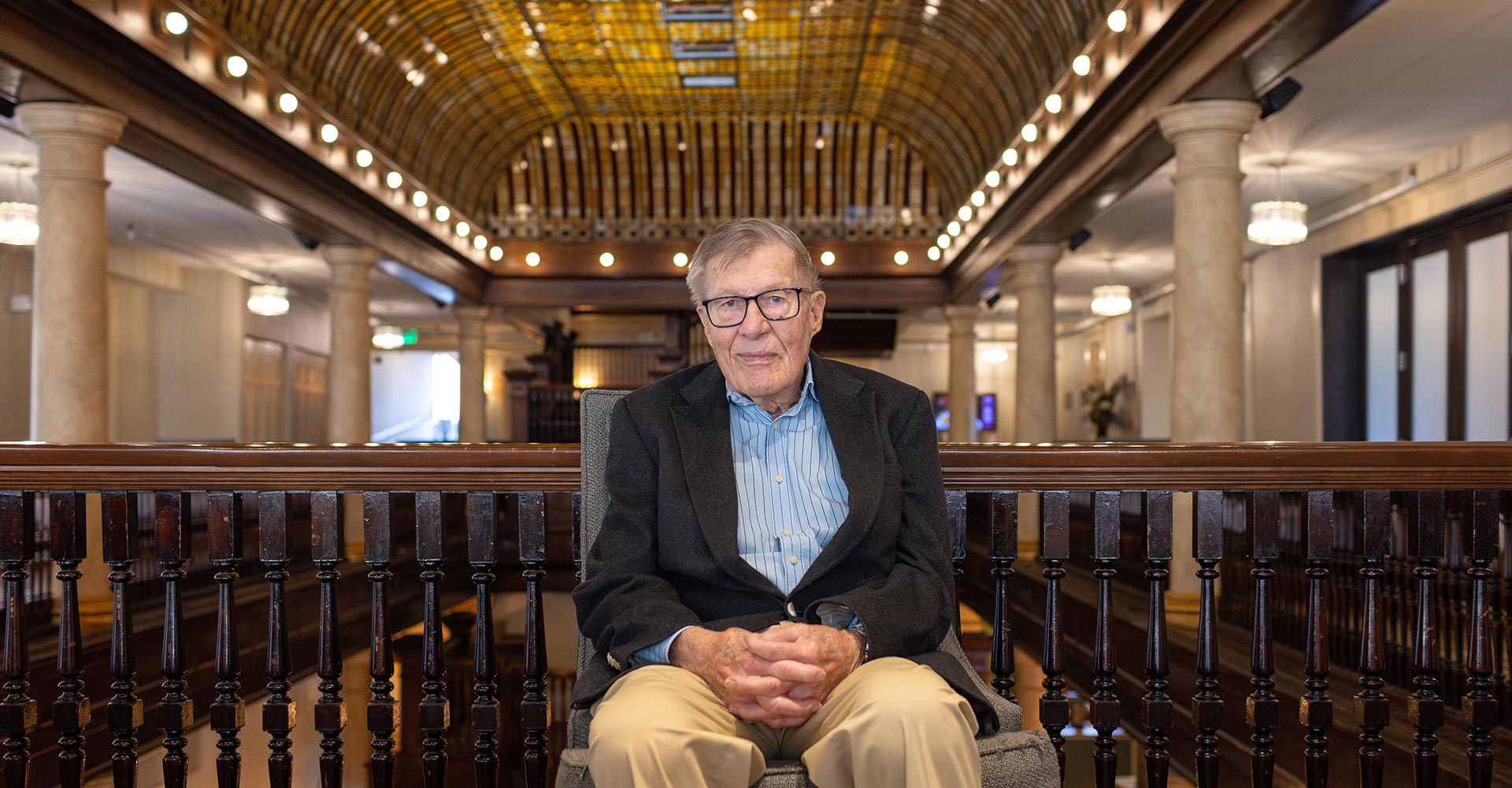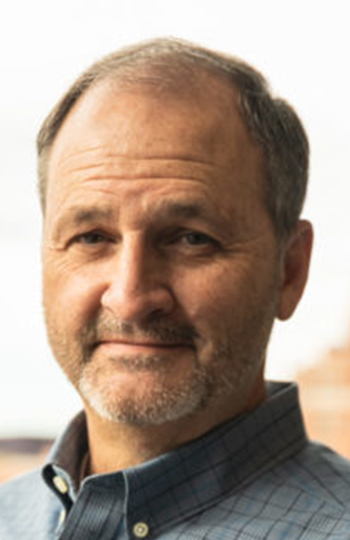New incentive aims to boost Colorado’s meetings-and-events economy
MSU Denver’s School of Hospitality is partnering with the Colorado Tourism Office to administer $10 million in rebates for costs of hosting events in the state.
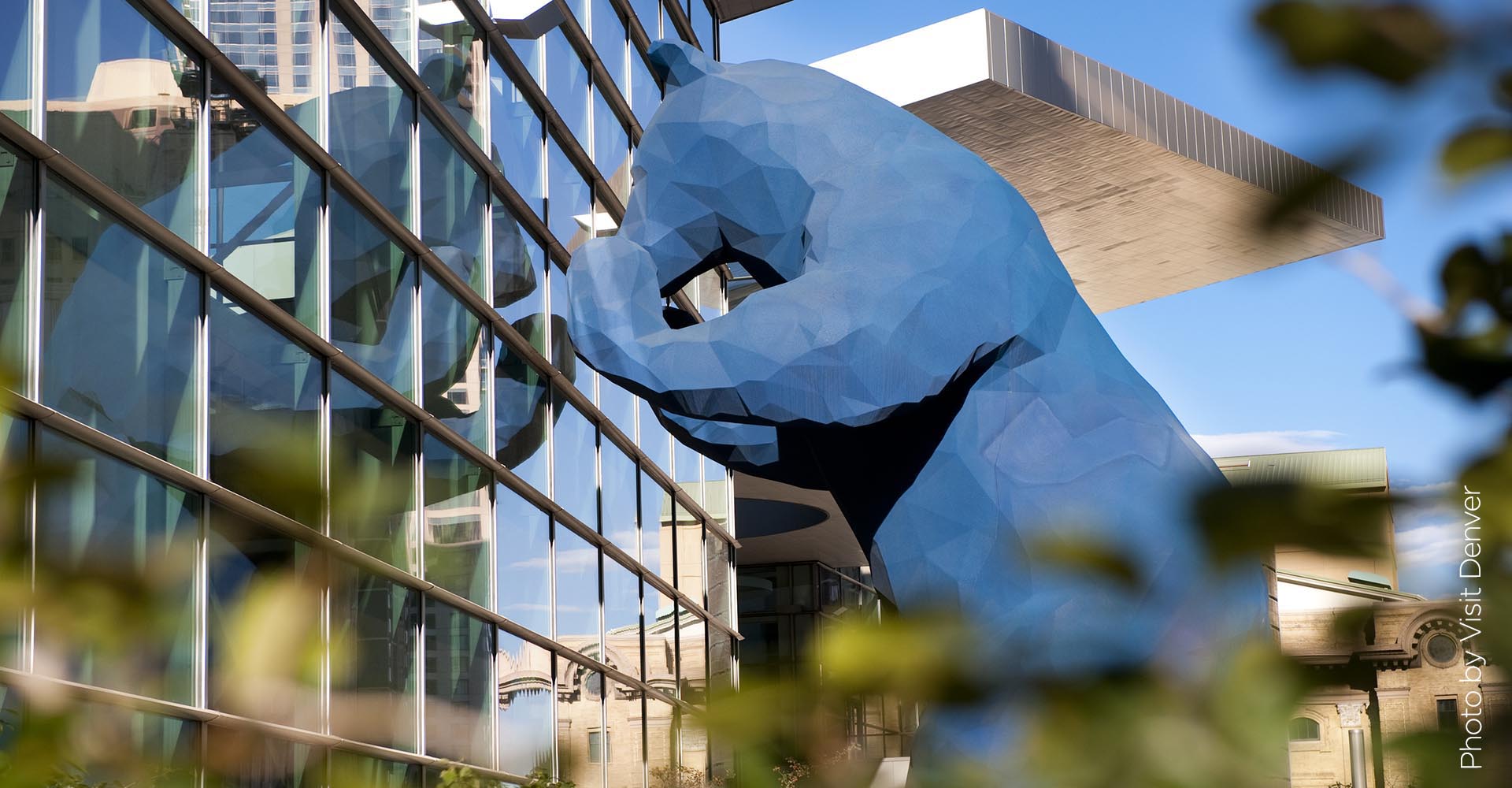
Colorado’s $1 billion meetings-and-events economy is getting a big boost, thanks to bipartisan legislation signed into law last month by Gov. Jared Polis.
The Colorado Meeting and Events Incentive Program provides $10 million in rebates and direct support to assist in the industry’s recovery from pandemic shutdowns. The Colorado Tourism Office selected Metropolitan State University of Denver’s School of Hospitality to administer the funds, which will provide preapproved applicants with 10% rebates between $3,500 and $100,000 for meeting and event expenditures.
The University’s School of Hospitality has previously worked with the CTO to create the Colorado Concierge Training and Certification program and is a natural fit as a home base for the new incentive program, said Dean Christian Hardigree, J.D., who also serves on the office’s Inclusivity in Travel advisory group.
“We’ve been active and engaged partners and work hard for Colorado’s hospitality industry – including the meeting and event professions,” she said. “And, as we house one of only four Event and Meeting Management degree programs nationwide, we have a unique blend of expertise and education.”
MSU Denver is excited to partner with the CTO on the initiative, and its location in the heart of downtown Denver positions it to help the program and all its peripheral/downstream beneficiaries succeed, added University President Janine Davidson, Ph.D.
“There are so many fantastic businesses around our campus that will benefit from this program,” she said. “It’s an honor to play a part in the city’s post-pandemic comeback.”
View this post on Instagram
Statewide benefits
Prior to the pandemic, the state’s events sector employed more than 36,000 Coloradans and generated $1 billion in economic impact, Denver Business Journal reported last month. As the new incentive program rolled out, that sector had been slashed by roughly 75%.
Colorado’s mountain and resort towns were hit particularly hard by pandemic shutdowns, said Colorado Office of Economic Development and International Trade spokesperson Jill McGranahan. The incentive program is designed to allocate to those communities based on 2019 lodging sales.
“Especially for our smaller communities, the program represents a large influx of capital that will have a multiplicative impact across related sectors – restaurants, hotels and more,” McGranahan said.
In Summit County, the shutdown of the Breckenridge Ski Resort was a huge blow during a peak spring-break travel season, said Austyn Dineen with the town’s tourism office. And though lodging sales have started seeing a strong comeback this summer, she anticipates that the state’s incentive program will help provide a comparatively small but notable boost to canceled or postponed programming from last summer onward.
“(We) expect the CTO incentive program to help more on the meetings side than the special-event side as meeting planners start to get back to planning retreat-style experiences,” Dineen said.
View this post on Instagram
Job growth in Colorado and beyond
Nationally, there’s more good news for hospitality professionals: 343,000 of the 850,000 jobs added in June’s better-than-expected employment report were in the industry, which was among the hardest hit by the pandemic. Employee wages are up too – on average, increasing by around $1.55 an hour since the beginning of the year.
The stats mark a march toward equilibrium between a workforce supply and the skyrocketing demand that has dominated recent headlines. Industry staffing shortages are a product of a phenomenon Hardigree refers to as “revenge tourism,” where Americans are adamant about travel following the lifting of Covid restrictions.
The hospitality industry is striving to fill critical roles this summer as Colorado and the country open back up, she said. The upside is that people who stayed in the industry or are reentering the workforce will be able to advance their careers faster than ever.
“Progression to upper-level leadership roles that used to take 10 years are likely to only take three to four as we look ahead,” Hardigree said.
Preapproval applications for Colorado’s Meeting and Events Incentive Program are open now for funds to be distributed starting this fall.

